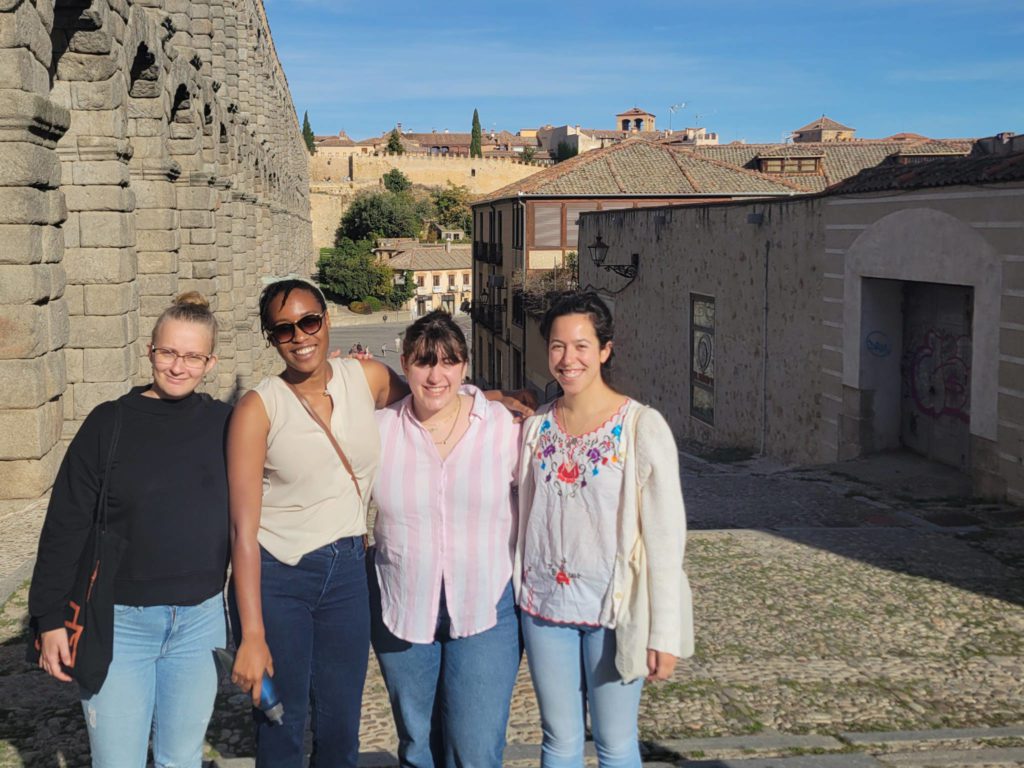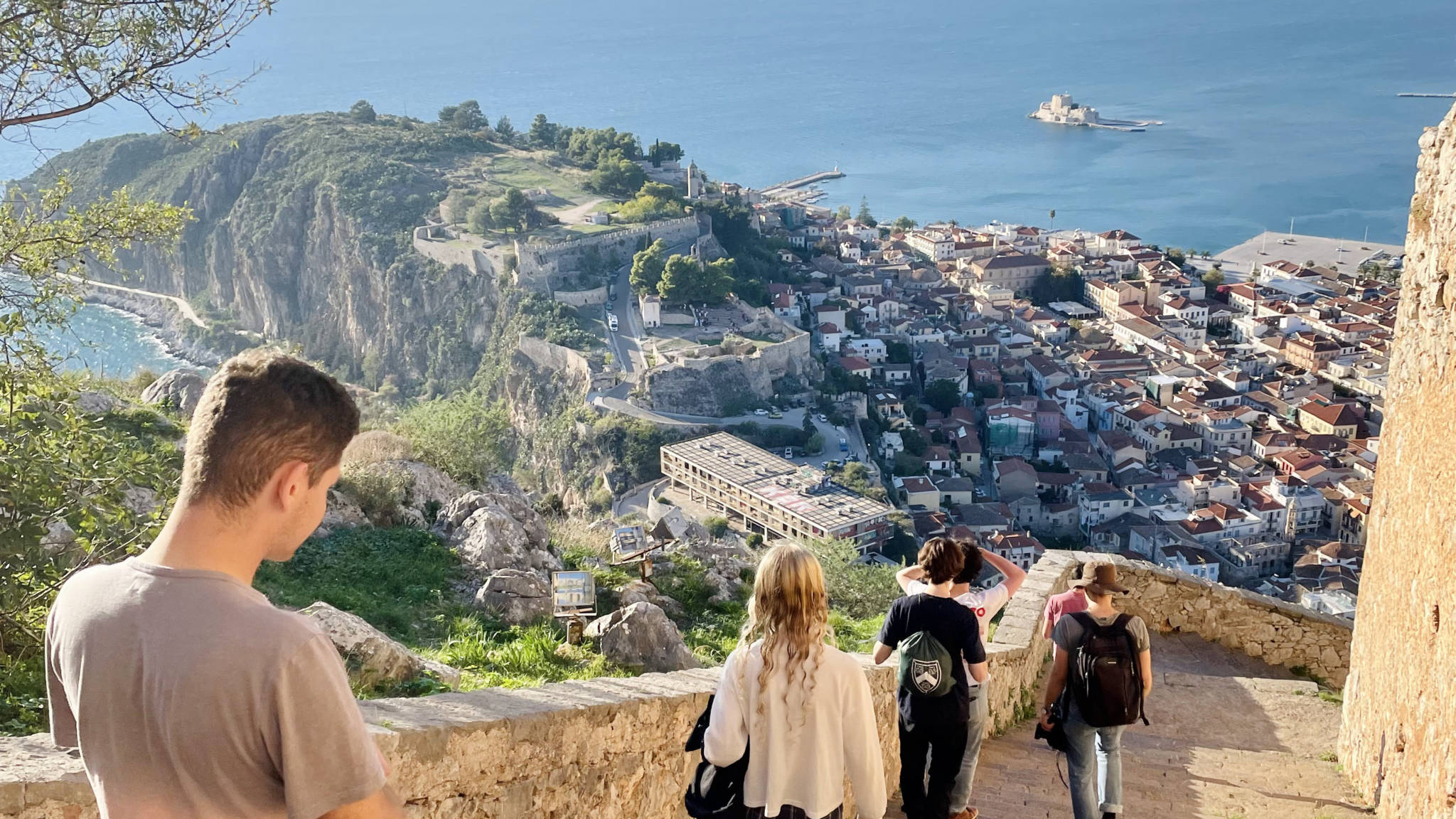During fall break, dozens of Princeton students were able to enrich and internationalize their coursework as they traveled abroad with University faculty and administrators on trips sponsored by the Humanities Council. Five unique interdisciplinary trips—to Germany, Greece, Italy, and Spain—provided undergraduate and graduate students with the opportunity to deepen their understanding of their studies, see course materials up close and in person, and strengthen the ties between the humanities and the present moment.
Examining Architecture in Rome
Michael Koortbojian (Art & Archaeology) and Branko Glisic (Civil Engineering) led students to Rome as part of their co-taught course, “Historical Structures: Ancient Architecture’s Materials, Construction and Engineering.” Co-sponsored by a Humanities Council Magic Grant, the class examines historical buildings and structures through the different perspectives of structural engineering and history. Through the course trip, students were able to contextualize historical architectural structures as they viewed them up-close.
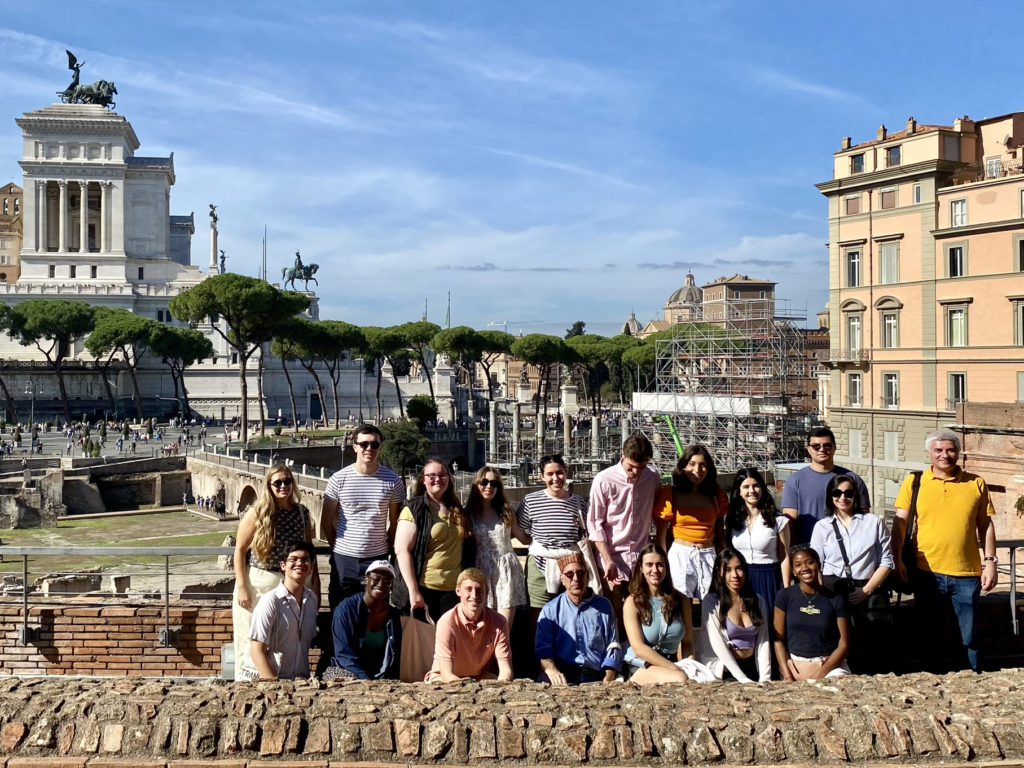
Studying Culture in Context in Greece and Italy
Students who completed the full year of the Humanities Sequence (HUM 216-219) were able to travel on one of two study trips to the Mediterranean. Ahead of the trip, students designed small independent research projects that would be based on collections at specific sites, museums, and libraries.
On a trip to Greece co-sponsored by the Seeger Center for Hellenic Studies, Yair Mintzker (History), Kathleen Crown, Executive Director of the Humanities Council, and Bailey Sincox (Humanities Council, English) led students around Athens, Nafplio, and ancient cities like Acrocorinth. In museums, archaeological sites, and libraries, students explored the multiple dimensions of the ancient, Byzantine, Roman, medieval, and modern influences that overlap in Greece.
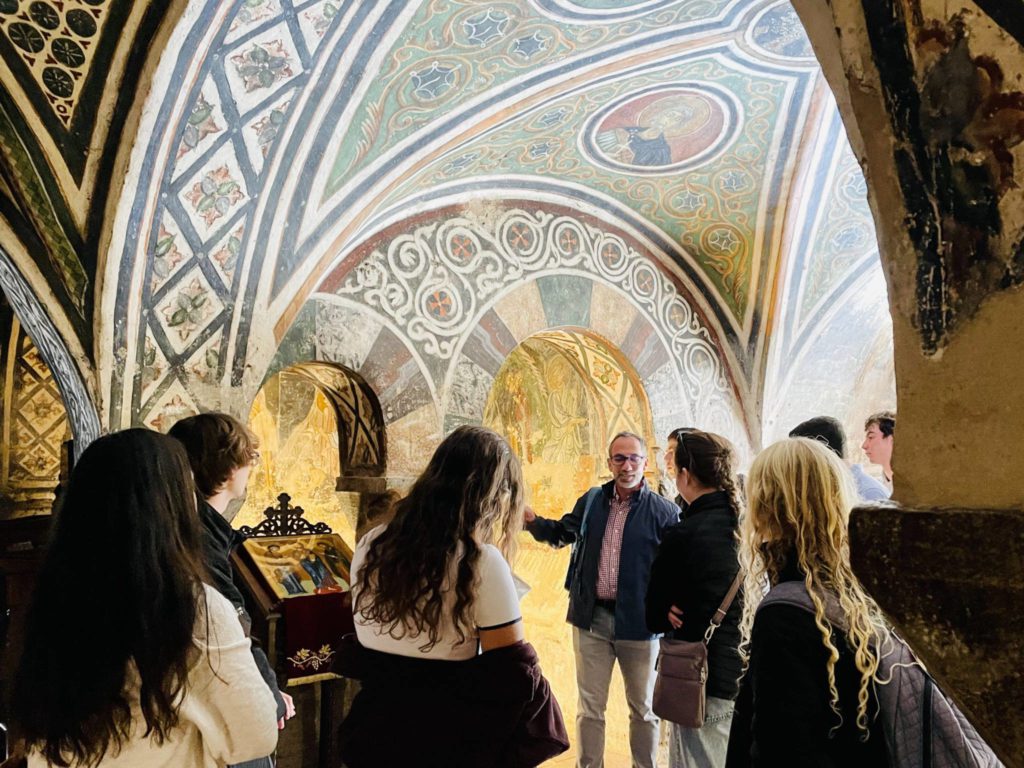
Moulie Vidas (Religion, Judaic Studies) and Carolina Mangone (Art & Archaeology) led a concurrent Humanities Sequence study trip to Italy. Students spent most of the week in Rome, touring ancient sites like the Colosseum and the Roman Forum, as well as seeing major works of the Renaissance like the Sistine Chapel.
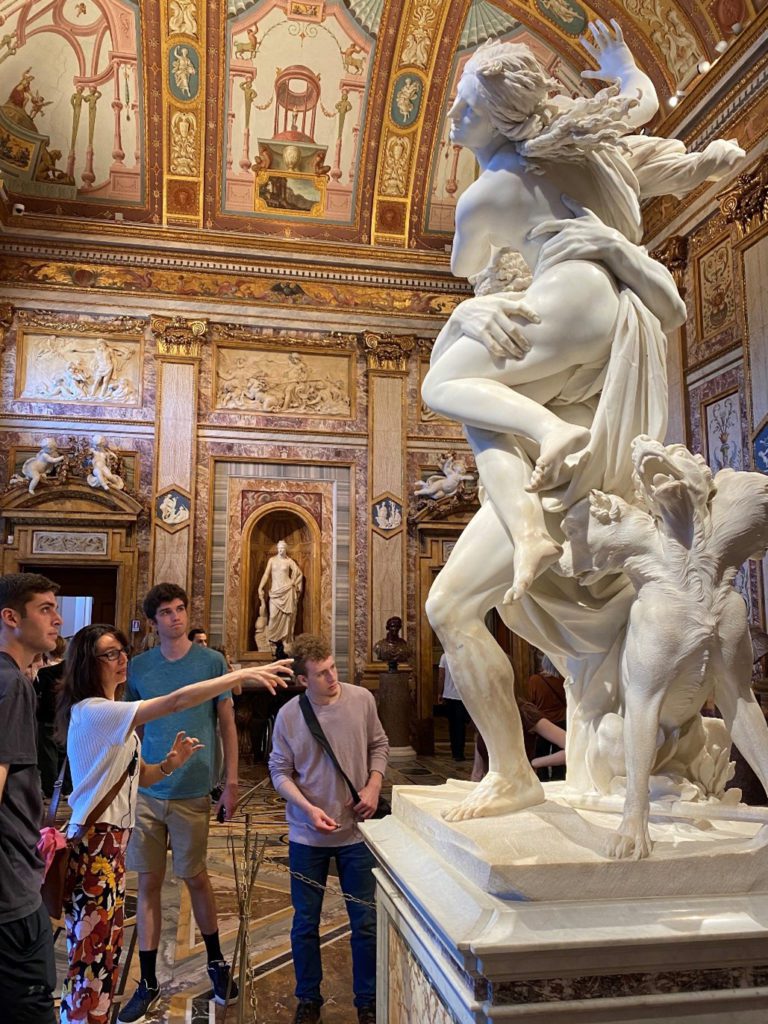
Reporting on the Refugee Crisis in Berlin
Deborah Amos (Journalism) led undergraduate students in the “International News: Migration Reporting” class to Berlin, Germany, where they learned first-hand about international reporting at a time of extreme turmoil. Students were able to use lessons from the classroom about the fundamentals of journalism and the history and impact of forced migration to connect in-person with those affected by the global refugee crisis.
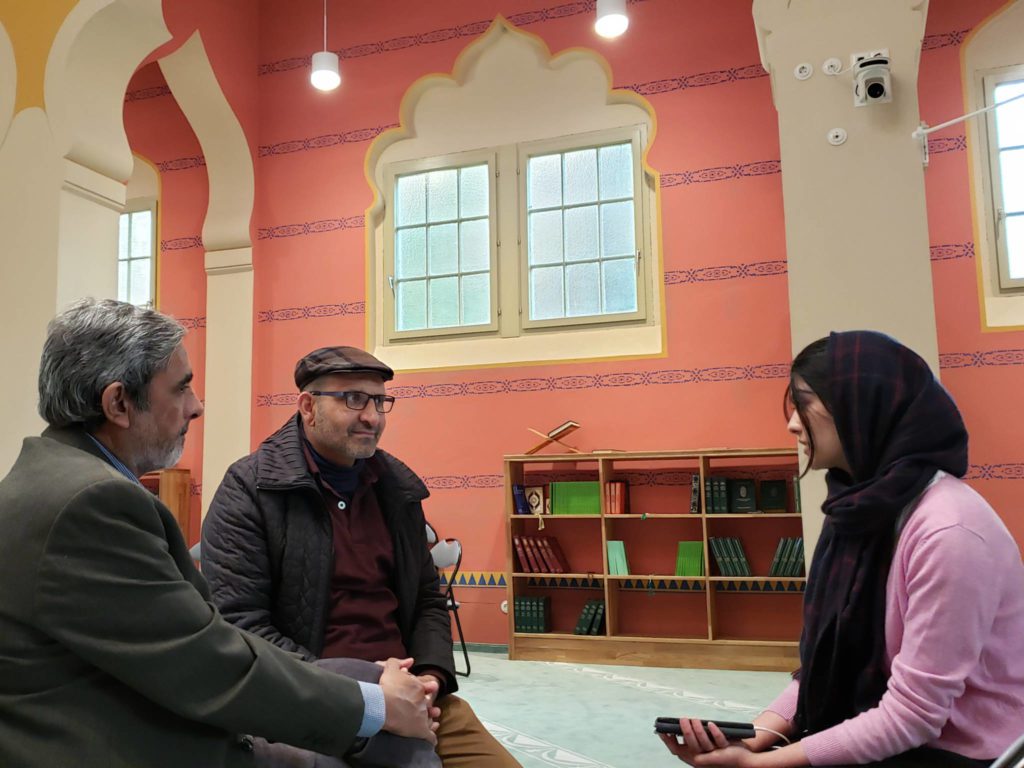
Exploring Ancient History in Spain
Graduate students in the Classics seminar “Problems in Ancient History: Obedience: Actualities, Limits, Alternatives,” which was cross-listed by the Humanities Council’s Program in the Ancient World, accompanied Marc Domingo Gygax (Classics) to Spain. The trip took students from Madrid to Toledo to Barcelona, where they visited museums like the Museo Nacional del Prado and Museeu d’Arqueologia de Catalunya and traveled to Segovia Aqueduct and several ancient Roman sites around Spain.
